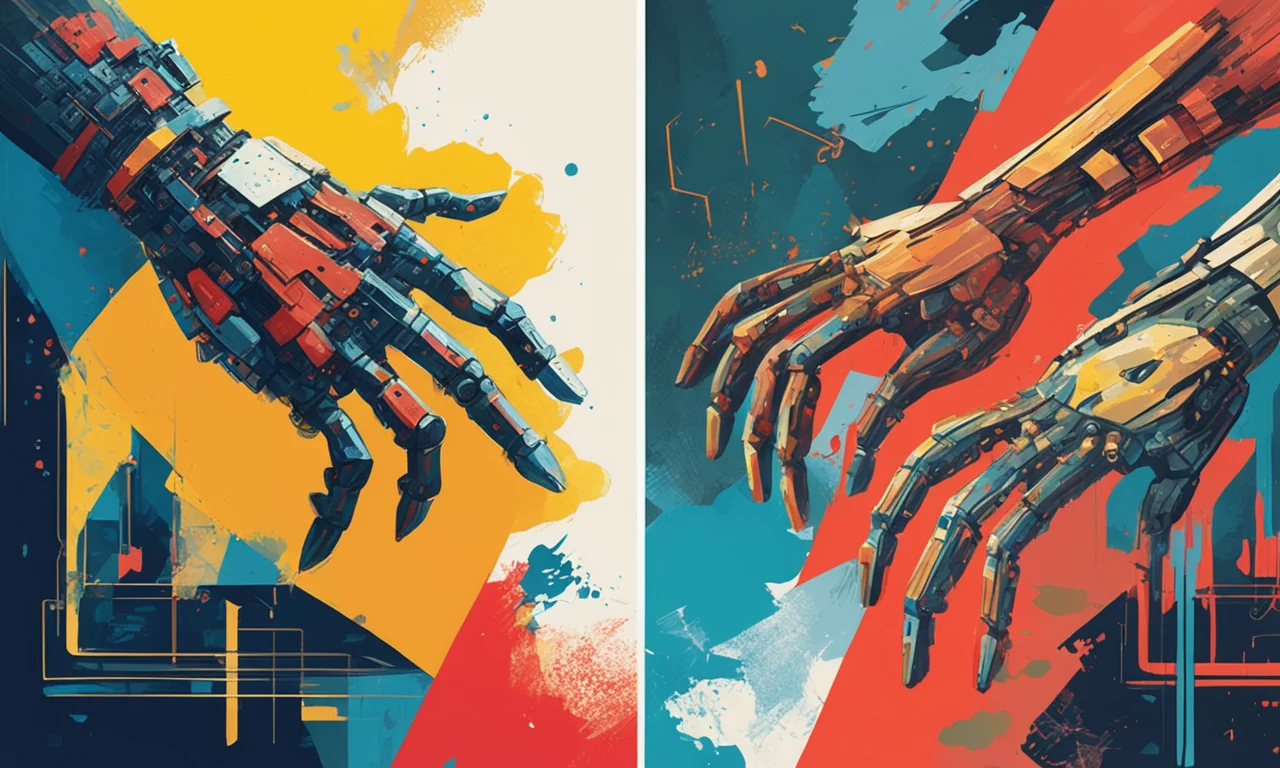
AI-Generated Content Sparks Debate Over Authenticity in Gaming Industry
The surge of artificial intelligence and open-source innovation is reshaping creative standards and developer accessibility.
Bluesky's #gaming and #news threads today pulse with the energy of a community deeply engaged in the evolving intersections of creativity, technology, and security. From AI-generated game assets stirring debate, to fresh open-source releases and cosplay artistry, the conversation reveals a landscape wrestling with progress, authenticity, and accessibility.
AI's Influence and the Quest for Authenticity in Gaming
The role of artificial intelligence in game development drew strong reactions, with concerns about creative value and transparency. Notably, the suggestion of a browser userscript to block AI-generated content on Steam sparked debate about what should be considered AI-influenced and how such distinctions impact indie creators. These anxieties resonated in another thread, where a reviewer lamented discovering that a game's music was AI-generated, underscoring how disclosure—or lack thereof—can erode trust and appreciation for genuine artistry.
"It's so disappointing as a creative. I want to spend money and effort on things that others have enjoyed creating. Price points aren't the problem. Taking the care out of the medium is."- @creativegamingname.bsky.social (1 points)
Amidst these AI debates, the proliferation of new Steam Deck landing pages illustrates how platforms are rapidly adapting, sometimes ahead of public awareness. This dynamic, where features appear “new” due to sudden visibility, hints at the communication gaps in tech rollouts and the ripple effect of major developer endorsements.
"Valve sent an email to all of us deck verified devs about them just now :)"- @datablob.studio (17 points)
Open Source Momentum and Community-Driven Innovation
Linux and open-source gaming continue to shine on Bluesky, with multiple releases and updates fueling optimism. The Xubuntu website's malware incident brought attention to the critical importance of security in open communities, but also demonstrated resilience and rapid response. Meanwhile, the release of SuperTuxKart 1.5 and news that its development is shifting towards “Evolution” signal ongoing vibrancy in open-source racing games, mirroring excitement around the feature-rich launch of KDE Plasma 6.5.
"Ooooh fuck yes"- @tsolit.com (1 points)
Accessibility for developers was also top of mind, as discussions on cost-effective tools like the Steam Deck and Linux distros highlighted the shift away from expensive proprietary hardware. The post noting the cost difference between setups reinforces the spirit of DIY and open innovation that runs through these communities.
Cosplay, Crossovers, and Celebrating Creativity
Gaming culture's creative heartbeat was on full display, with cosplay and fan art bringing people together. The showcase of Viera-inspired glam at a gaming event and the vibrant Splatoon comic character crossover fanart for Halloween highlight how digital communities celebrate artistry and fandom, infusing game worlds with personal expression.
"this is AMAZING but also by the law of the land i must ping @st4rd1ver.bsky.social cause the name says it all"- @rubyarch.bsky.social (5 points)
Even new game releases like Darkenstein 3D—where rescuing a dog from Nazis is the goal—sparked playful commentary and regional accessibility concerns, further demonstrating how gaming conversations reflect both social issues and humor.
Every subreddit has human stories worth sharing. - Jamie Sullivan